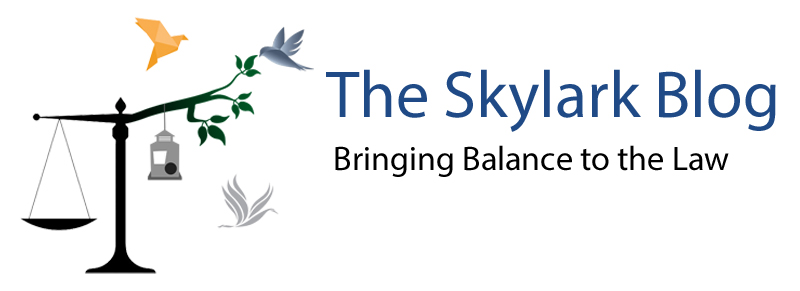The following is a guest blog post written by our colleague Danielle G. Van Ess, Esq. of DGVE law, LLC in Hingham, MA. You might be surprised how many of my new estate planning clients realize, after we’ve talked a little, that their ex-spouses are still named as the primary beneficiary of their life insurance policies or, more often even, their retirement accounts. And given the value of those assets, their reactions in that moment of realization are far less surprising. If you are divorcing or divorced, you need to ensure that you have changed the beneficiary of those and other pay on death type accounts. And given that you will no longer be sharing your life with your ex-spouse, it’s likely you won’t also want him or her to be the one to speak for you in the event of your incapacity or be the one to make medical decisions for you, including whether to discontinue life support, if you are ever unable to do so yourself. So if you already had such estate planning documents in place

Read about mediation, collaborative law, and divorce in Massachusetts, with content from Skylark Law & Mediation PC, Gray Jay Endeavors LLC, and Dispute Resolution Training Associates.
WE HELP FAMILIES RESOLVE CONFLICT PEACEFULLY
 Skylark.law -
508.655.5980
Skylark.law -
508.655.5980
schedule a consult